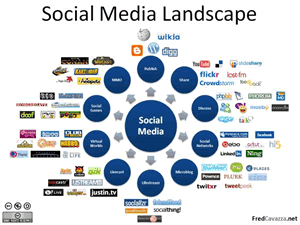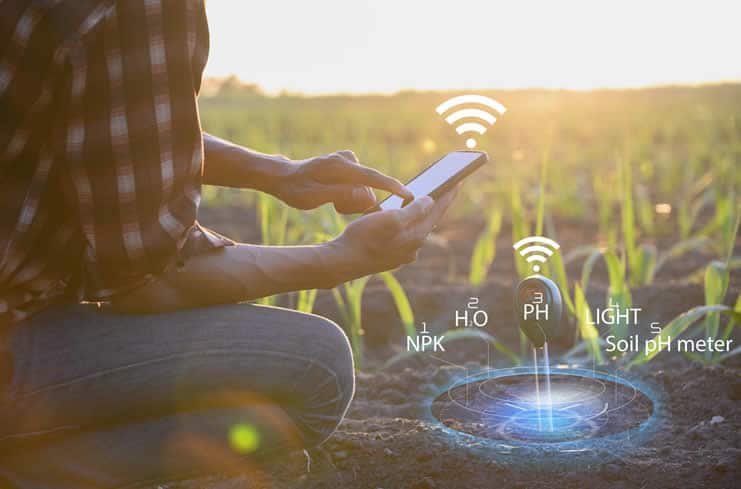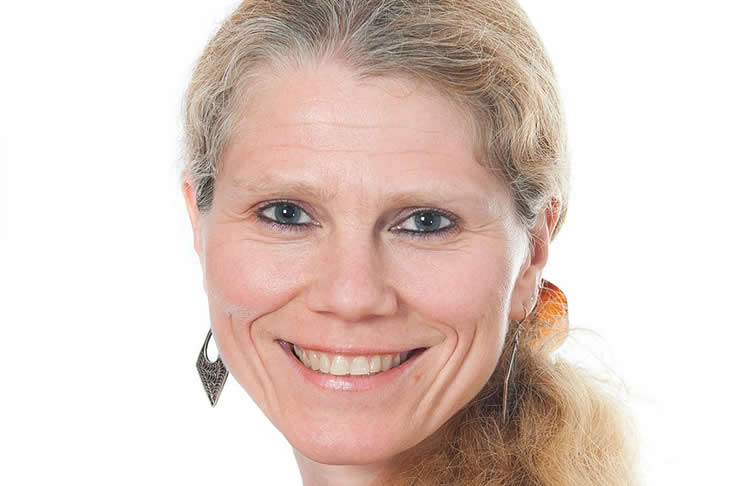We always have a tendency to estimate the value of something as it exists. Future potential is often ignored because we don’t follow or understand the trends enough, while the market place is constantly changing. The same goes for social media evolutions.
We sometimes think that the landscape is mature and that the game is over: Facebook is the king of social networks; Twitter reigns in micro-blogging, etc. However, things change fast, very fast. Combined with a growing dissatisfaction with the policies and poor user experiences of some social platforms, new evolutions will shape the social media space.
A few examples of how social platforms are evolving and what these social media evolutions imply:
The integrated approach of Google

A platform such as Google+ is used by a relatively small percentage of people. However, Google offers a complete new approach to social media by strongly integrating all its cloud services and its communication and search platforms. People only start seeing the results now. Google’s social interaction features get integrated into popular email service Gmail, social content increasingly gets integrated into search results with more prominent places than ever before, known as the so-called ‘Knowledge Graph’. You can see an example of the Olympics 2012 in the screenshot.
This ‘Knowledge Graph’ is so detailed that people don’t even have to leave Google to know what’s happening. Furthermore, it’s personalized according to their demographics.
Finally, people will see that platforms such as Google+ are more about discovery and new connections than about sharing things with people they already know.
The element of surprise
New social services are popping up all the time, and some of them are conquering the hearts of consumers or business users fast. An example is Pinterest, the social image pinboard that went from zero to over 20 million users in no time. Furthermore, once leading social services, are reinventing themselves to regain their place in the social space. And, last but not least, networks for business users, where people can ask and answer question, demonstrating their know-how, are adopted at an incredible speed. There will constantly be an element of surprise in the social media space because the behavior of people is surprising at times. And that’s good. Nothing lasts forever, and innovation is always possible.
The walled gardens of social media
Social networks such as Facebook and even Twitter are aiming to achieve a similar ‘Walled Garden’ approach as Google+ does, basically meaning they want to offer everything. This ‘battle’ for the attention and loyalty of people leads to continuous innovations.
Micro-blogging service Twitter is becoming more than what it was when it started. It wants to be the information and link source ‘par excellence’. A sign of this is the introduction of so-called ‘cashtags’. These allow finding and sharing information about organizations, based on their stock market symbols. A few simple changes can sometimes alter the usage patterns and possibilities of an entire platform.
What still has to come
Today, Microsoft seems nowhere in the social media space. Yes, they have some kind of social network and some integration going on but for now, it’s all very limited. However, the company is moving fast. It has announced the integration of Outlook and LinkedIn. More importantly, Microsoft has acquired social collaboration tool Yammer. Although the focus is on business, it will not last long before Yammer is integrated with Outlook and with external social services.

This is just a limited list of evolutions and trends. There are many more. However, they all show that the market is evolving, and that we are always at the verge of exciting evolutions that will again impact behavior of consumers and businesses. While it’s modern (and important) to talk about social business and good to put the customer first and the mix of media and channels last, staying up-to-date about the real evolutions is not a bad thing to do.
The landscape changes and one day we will simply not speak about social media anymore as everything becomes increasingly integrated. The social media landscape as it has been ‘captured’ in so many models such as the one in this post by Fred Cavazza or the famous Conversation Prism by Brian Solis and JESS3, will be outdated sooner than we think. And one day they will become irrelevant.
Just a few words: mobile, cloud, location, Big Data, integration and connected objects, a.k.a. the Internet of Things.






